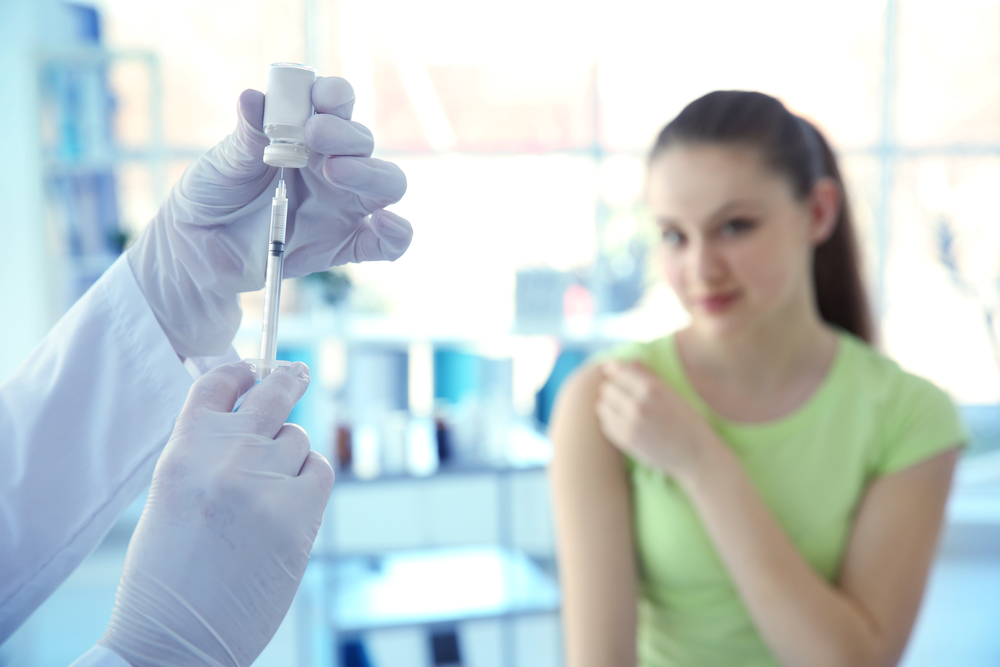
Gardasil is the vaccine used to treat Human Papillomavirus, HPV that is known to cause cancers and warts of the vagina, vulva as well as the anus. There have been several controversies revolving around the vaccine, with some people claiming that it causes infertility among women. Although the vaccine does come with its few side effects, the issue of infertility is not one of the side effects, which means that this claim is baseless. After extensive research and studies concerning the vaccine, experts now say that the benefits of Gardasil outweigh the side effects since they are rare and different in every individual.
Worldwide Acceptance
The menace of cancer is not a concern only in the United States but also a global problem that has and continues to claim hundreds of thousands of lives of women daily. In the US alone, approximately 12,000 women are diagnosed with cervical cancer and this disease claims about 4,000 of these lives. It is important to note that Gardasil is not just used in the US alone. Since its approval by the FDA In the year 2006, millions of this vaccine has been distributed throughout the world in a bid to tackle cancer. On the other side, it has not been welcomed without some bits of rejection, because of the misunderstanding that surrounds the vaccine. Fortunately, it has greatly gained popularity and is now being used in most countries. Despite this, some good results have been achieved.
Few Mild Side Effects
The FDA, in conjunction with the CDC, has a joint task force for monitoring the safety reposts for all vaccines. The Vaccine Adverse Events Reporting System, VAERS, has since its approval received some rare cases of side effects that include vomiting, nausea, diarrhea, fainting, and pain during the shot, slight fever and fatigue. All of these side effects are mild and they only take a few days before fading away. Experts advise that should any of these take longer than a week, you should revisit the gynecologist. They further advise that to reduce the risk of these side effects, you should disclose all the underlying health issues before being given the shot.
Prevention Against Cancer
The FDA approved Gardasil to treat four types of HPV; 6, 11, 16 in females between the age of 9 and 26 years. It is administered in two or three doses and issued to help prevent the cancer of the cervix, anus as well as the vulvar. It is also used to help prevent genital warts in both men and women. Research done among many people shows that they were cured of the viruses, hence at a reduced risk of contracting the cancers, compared to the women who did not have the shot.
Highly Approved
In a bid to reduce the effects HPV in accelerating the cancers of the anus, cervical and vulvar in women, the CDC conducted several researches and came up with the vaccine. However, before releasing it into the public, they conducted several tests to ascertain its safety and they were satisfied beyond a reasonable doubt that Gardasil poses no threat to human health. On the contrary, it has a significant benefit in women suffering from HPV. The FDA did their separate research and confirmed that it is safe for use by women. They, therefore, approved its use in June of the year 2006.
Closely Monitored
The CDC and the FDA, through the VAERS, continues to monitor the behavior of all vaccines available for public use in the US; it is no different with Gardasil. Since its inception, the system has only reported a few cases of mild and rare side effects. There has been no single case of serious side effects such as the previously claimed inability to conceive. On the contrary, Gardasil has been used to reverse infertility caused by the HPV. This has seen a great reduction in the cases of cervical cancer.
